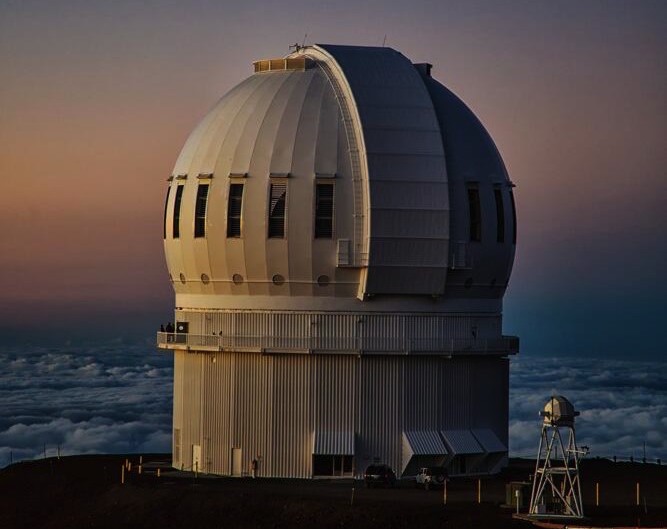
CFHT: Instruments Updates and Upcoming projects
Laurie Rousseau-Nepton, Nadine Manset, Daniel Devost, Luc Arnold, Heather Flewelling and the QSO Team
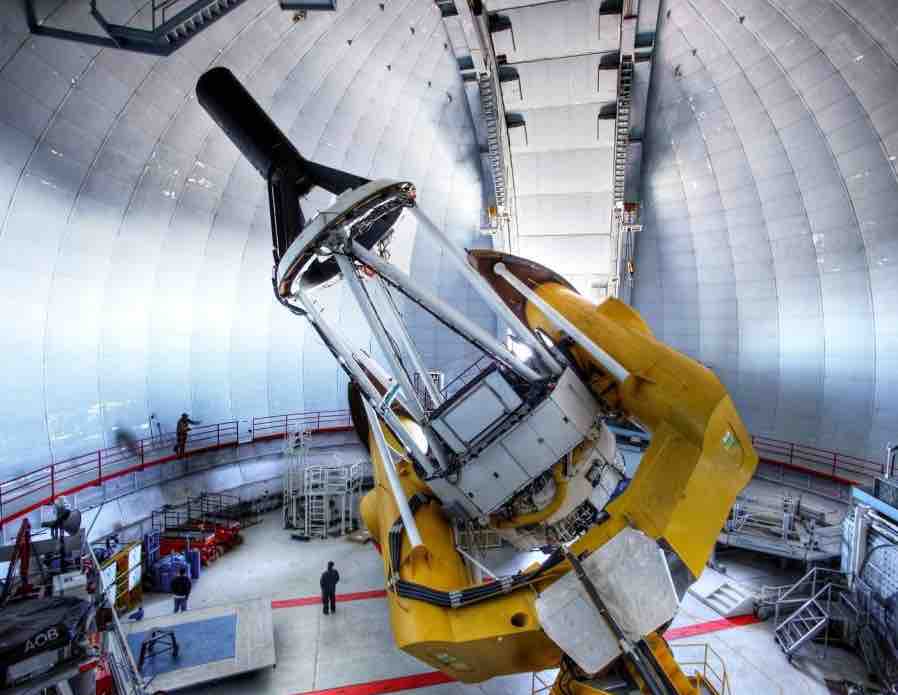
News
CFHT CASCA Session and related Posters
On Thursday at 13h45: Join us for the CASCA CFHT Townhall.
Please take a look at the poster on Kealahou : The new Queue Service Observing (QSO) system.
Please take a look at the poster on CFHT's Outreach efforts in Canada via the slack channel #zzp-epo-laychak.
Operations
COVID: CFHT has been back to full operation since May 7, 2020, with safe COVID practices in place to protect all employees.
Mirror ventillation system: A new dry air system along with a camera was installed to monitor, prevents and address condensation on the primary mirror. It should limit the degradation of the mirror coating over time.
Aluminisation
The 2020 primary mirror re-coating has been a success. The thickness achieved was higher than any previous coating with 1080 +/- 40 Angstrom at the center of the mirror. The deposition rate was increased significantly following modifications of the chamber's evaporation system. See the time lapse video here.
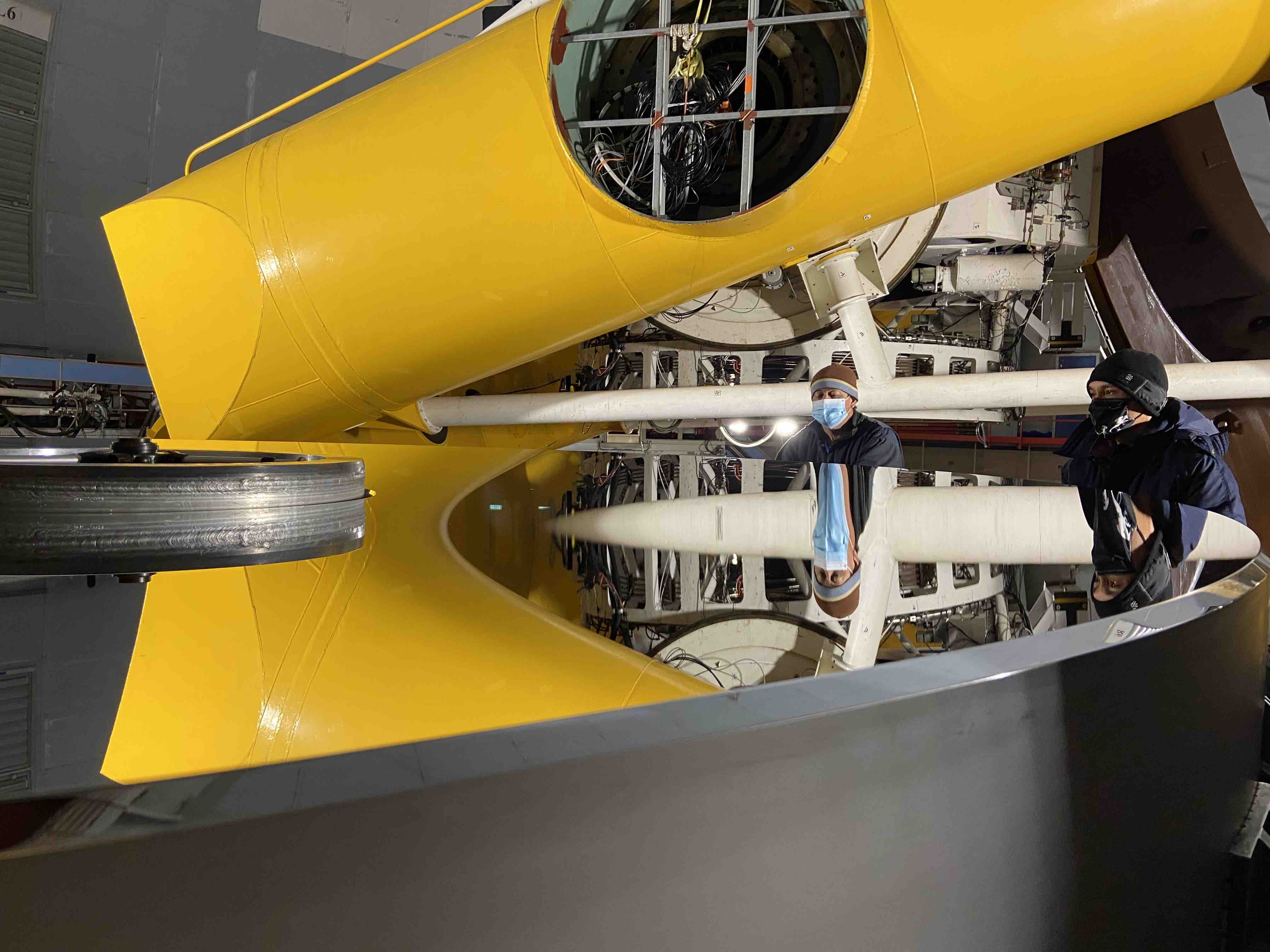
Instruments Updates
A SITELLE lense exchange was performed successfuly in July 2020. The level of background emission is now back to normal and the image quality improvement remains optimal.
More efficient rhombs have been installed in the SPIROU polarimeter in August 2020, improving the instrument transmission in the Y and J bands. For updated instrument performance click here .
Instruments Capabilities
Click on the Instrument's name to see more
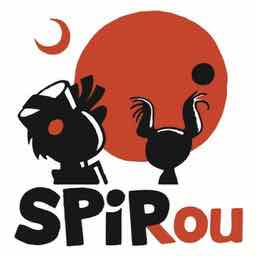
SPIROU Description
SPIROU is a state-of-the-art infrared spectropolarimeter and high precision velocimeter designed to detect exoplanets around nearby red dwarf stars.
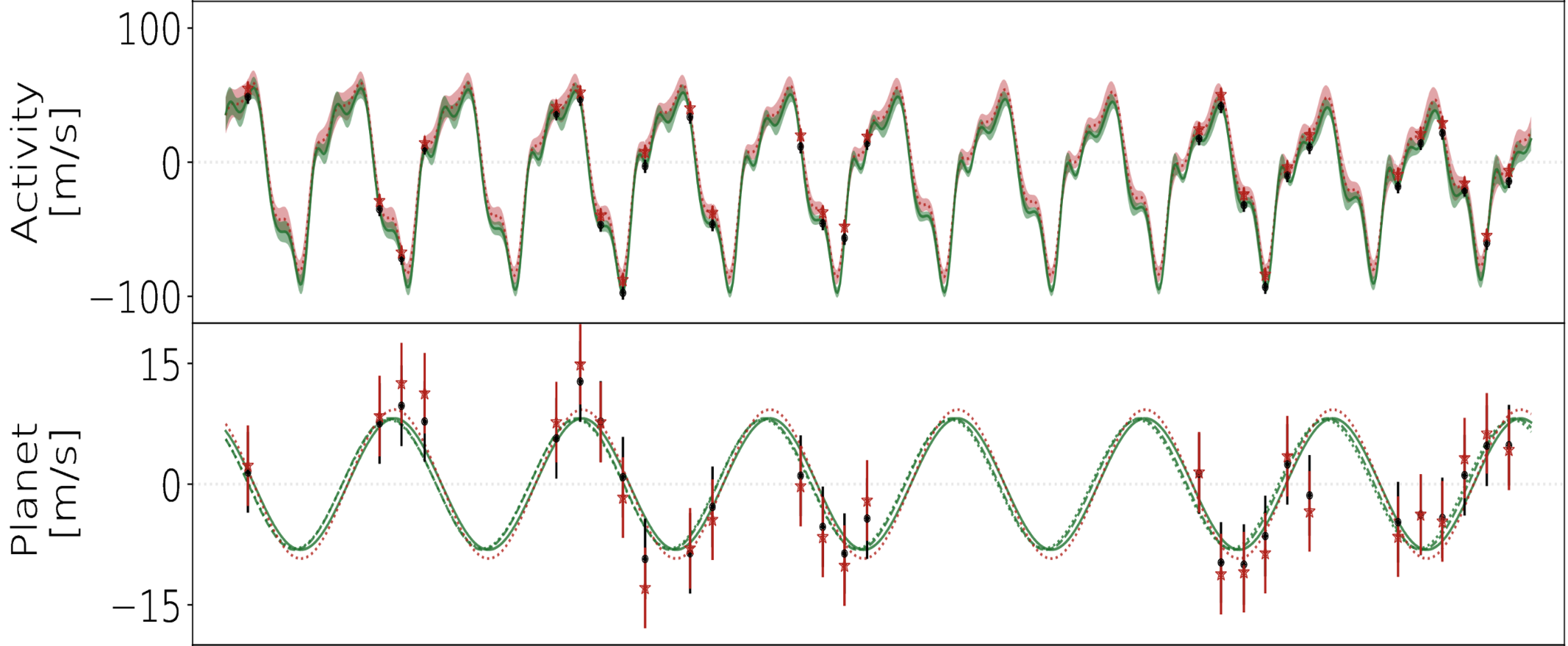
SPIROU Technical Specifications
- Wavelength Range: 0.974 to 2.44 microns
- Spectral Resolution: 70,000
- Magnitude Range: 3 to 14
- Radial Velocity precision: 2 m/s (goal 1 m/s)
- Data Reduction: Quick look access during the same night and complete distribution at the end of each run
The current version of SPIRou DRS is 0.6.132. Compared to the previous version (v0.5), the wavelength solution and the telluric correction are improved. The RV jitter is better than 2 m/s RMS over several months for a quiet M star.
Semesters 20A and 20B have been reprocessed with v0.6.132 and are available to PIs, as well as current 21A data. Reprocessing of semesters 19B and 19A coming soon.
Information about the SPIROU LEGACY Survey (SLS), a SPIROU large program, can be found here .
One of the recent SPIROU publications can be accessed here .

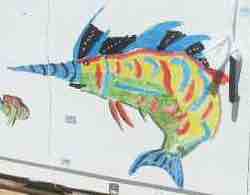
ESPaDOnS Description
ESPaDOnS is a bench-mounted high-resolution échelle spectrograph and spectropolarimeter designed to gather complete optical spectrum with a resolvind power between 68,000 and 81,000.
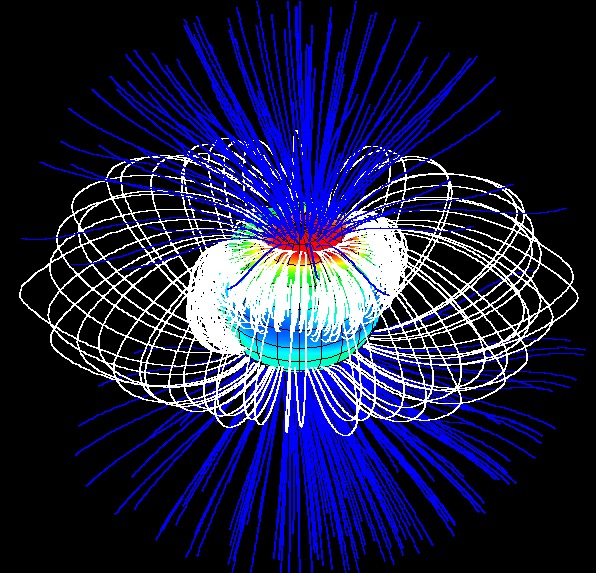
ESPaDOnS Technical Specifications
- Wavelength Range: 370 to 1050 nm
- Spectral Resolution:
68,000 (Polarimetry and object+sky spectroscopy modes)
81,000 Object only mode
- Magnitude Range: -1 to 16
- Radial Velocity precision:
200 m/s uing comparison lamps daytime exposures
20 m/s using telluric lines in the spectra
- Data Reduction: Reduce data available the next day
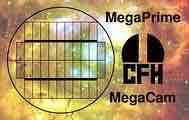
MegaCam Description
MegaCam is the wide-field optical imager at CFHT. It has 40 of 2048x4612 pixels CCDs and is mounted on the telescope for period of 10 to 18 days around the new moon.
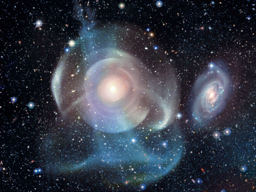
MegaCam Technical Specifications
- FOV : 1 deg x 1 deg
- Wavelength Range: 300 to 1000 nm
- Pixel Scale: 0.187 arcsec/pixel
- Magnitude Range: 15 to 27
- Broadband Filters: u, g, r, i, z, gri
- Narrow Band Filters : Ha On, Ha Off, OIII on, OIII off, CaHK
See all available filters here
- Data Reduction: Quick look access during the same night and complete distribution at the end of each run.
- Low Surface Brightness (LSB) mode available on request.
Information about VESTIGE and CFIS, two MegaCam large programs, can be found here CFIS VESTIGE
One of the recent MegaCam publications can be accessed here .
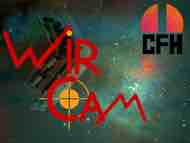
WIRCAM Description
WIRCAM is the near infrared mosaic imager at CFHT. With four 2048x2048 H2RG detectors, WIRCAM is capable of covering extended fields efficiently enabling infrared follow up for any type of targets. It can also perform accurate parallaxe measurements.
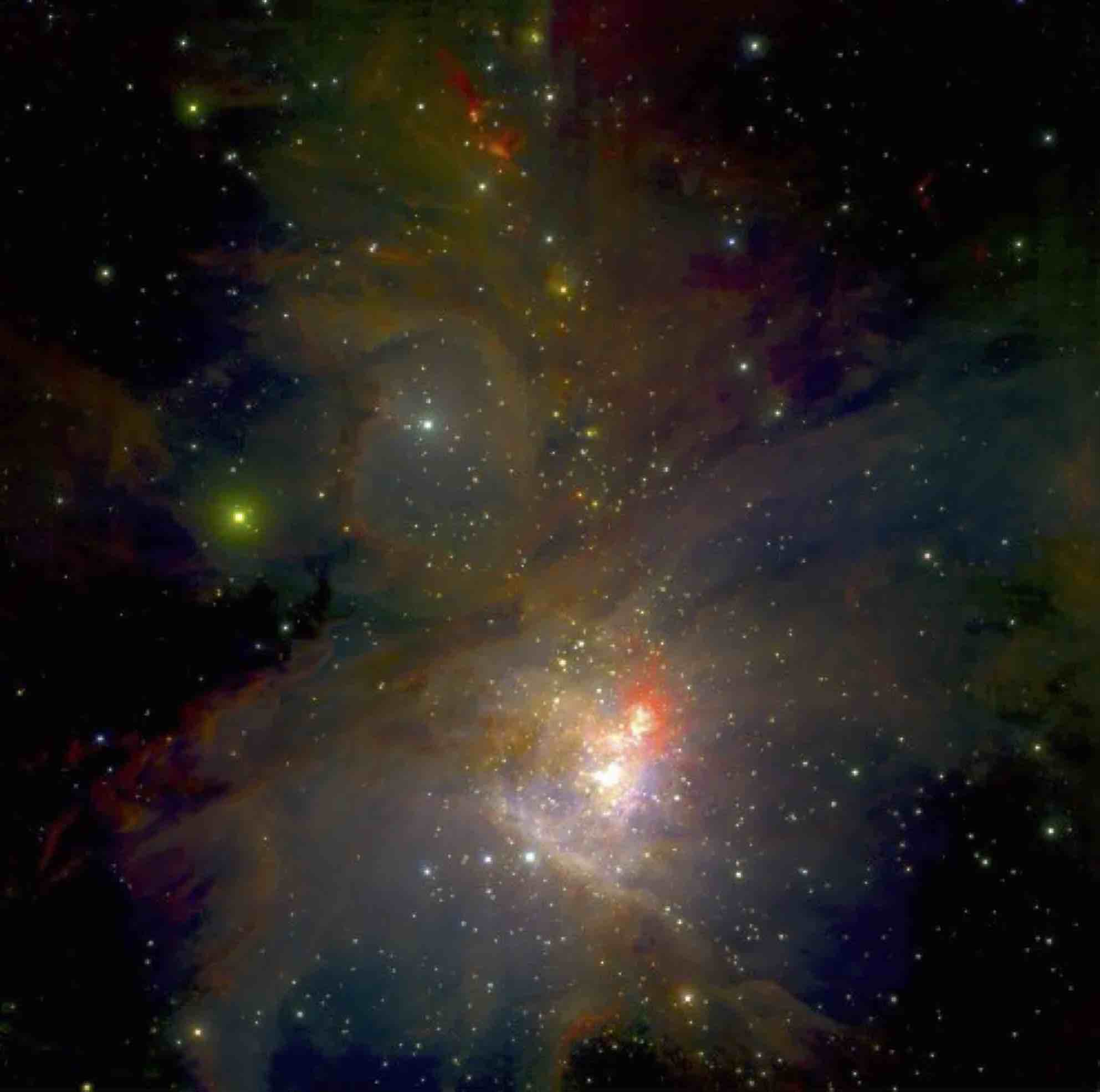
WIRCAM Technical Specifications
- FOV : 21.5” x 21.5”
- Wavelength Range: 1000 to 2400 nm
- Pixel Scale: 0.3 arcsec/pixel
- Magnitude Range: 3 to 15
- Filters: Y, J, W, H, Ks, LowOH1 and 2, Kcont,Ch4_Off, Ch4_On H2, BrGamma, Kcont, CO
See all available filters here
- Data Reduction: Complete distribution at the end of each run
One of the recent WIRCAM publications can be accessed here .
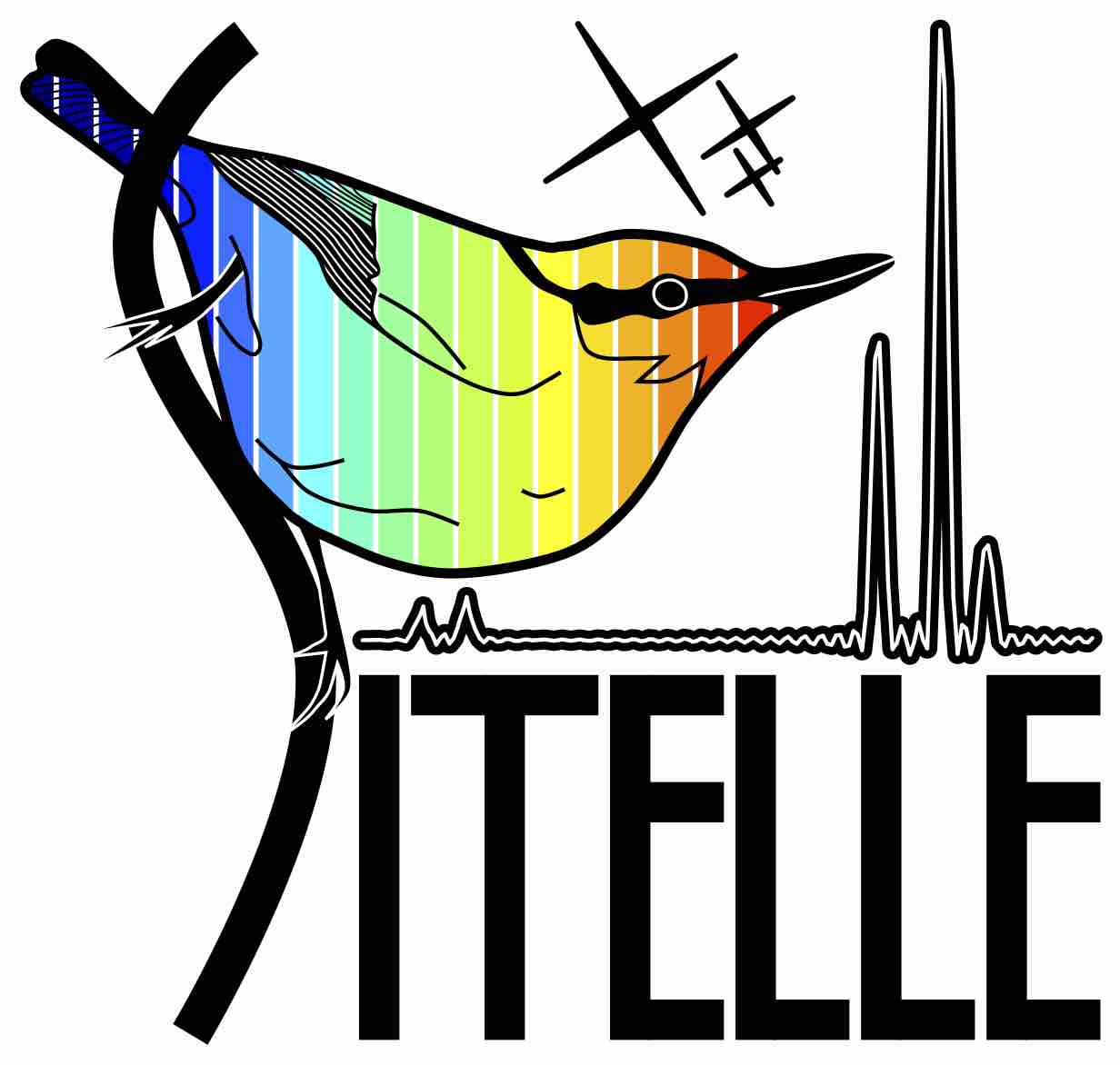
SITELLE Description
SITELLE takes both images and spectra over a large field of view (the largest FOV compared to any integral field spectrograph for the Visible in the world). The observations consist of a sequence of images of the target scanning interferences using a Michelson interferometer. The reduce data is a hyperspectral datacube with more than 4 millions spectra. SITELLE is used for a large variety of science cases from nebular abundances et dynamical studies of extended objects to star formation in local and high-redshift galaxies and galaxy clusters. As examples, datacubes videos are available online for M1 and for M33 .
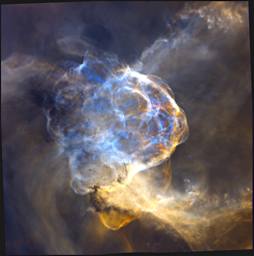
SITELLE Technical Specifications
- Spectral Resolution : Up to 20,000 (typically PI use between 1000 and 5000 for efficiency)
- FOV : 11” x 11”
- Wavelength Range: 350 to 950 nm
- Pixel Scale: 0.31 arcsec/pixel on a 2048 x 2064 pixels CCD
- Filters: SN1, C1, SN2, C3, C2, SN3, C4
See all available filters here

Information about the SIGNALS survey, a SITELLE large program, can be found here .
One of the recent SITELLE publications can be accessed here .
Links for Users
Check our live webcams .
Access to QSO .
Access to Nights Report .
Access to Weather Forecast .
Access to Weather Map .
Access to CADC Archive Data of CFHT .
Find more information on our website: www.cfht.hawaii.edu
You can email the QSO team at qso@cfht.hawaii.edu!
or for any information at info@cfht.hawaii.edu!

